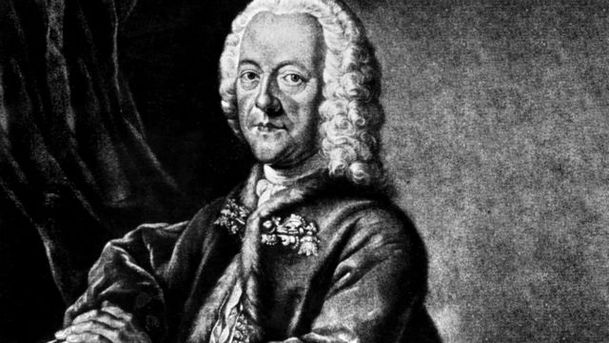Composer of the Week - Georg Philipp Telemann (1681-1767) - Episode 1

During his long and remarkably prolific life, Georg Philipp Telemann was recognised as the leading German composer of the Baroque era, whose reputation in his time, was even greater than that of his compatriot, JS Bach. He wrote a wealth of innovative music for the church, court, opera house, concert hall and private home. Telemann was an astute business man too, in tune with the changing tastes of his time. He made music more widely available by putting on regular series of public concerts and publishing collections of his own works for anyone willing and able to buy. Telemann broke new ground with the dramatic nature of his church cantatas in a move to make them more palatable to the congregation. They were hugely successful and could be heard far and wide across Germany in years to come. As a court composer in Sorau and Eisenach, he began writing fashionable French overtures and a constant stream of instrumental music. In the first programme, Donald Macleod features some of this early music, including a church cantata set to a text by the foremost cantata poet of the time, a concerto for four violins and an orchestral suite which draws on the popular figures of the commedia dell'arte.